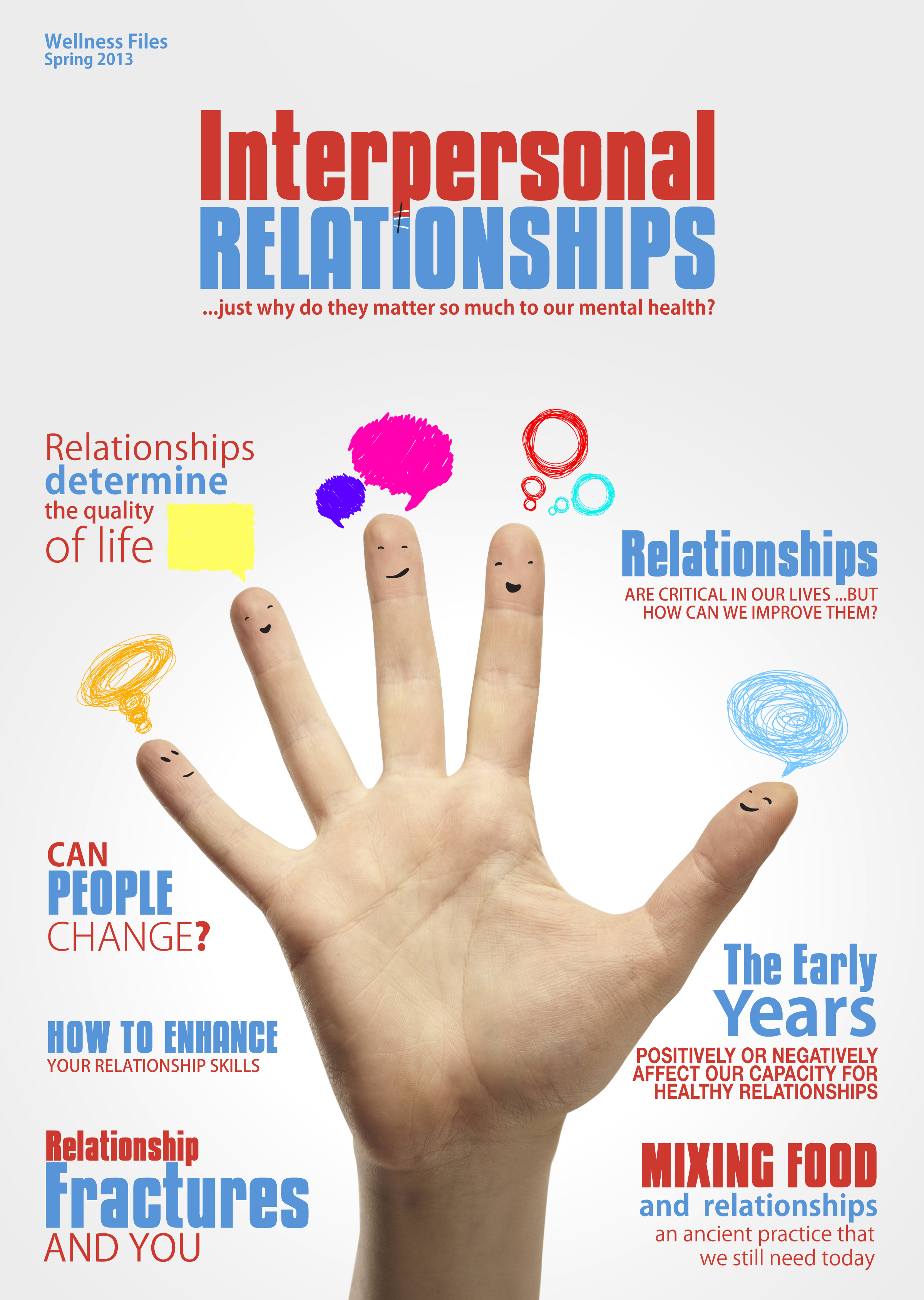Let’s face it, relationships are like a rollercoaster—full of ups, downs, twists, and turns. Whether you're navigating romantic love, friendships, or family bonds, understanding how relationships work is crucial. In this guide, we'll dive deep into what makes relationships thrive and how you can strengthen yours. So buckle up, because we're about to take a journey through the world of relationships!
Nowadays, people are more connected than ever, but ironically, loneliness and misunderstandings are on the rise. The key to unlocking meaningful connections lies in communication, trust, and mutual respect. This guide will help you navigate the complexities of relationships while offering practical advice that you can apply right away.
Whether you're trying to mend a strained friendship, deepen a romantic bond, or improve family dynamics, this article has got your back. Let's break it down step by step, so you can build stronger, healthier relationships. Oh, and don't worry, we'll keep things casual and easy to digest—no fancy jargon here!
Understanding the Basics of Relationships
Before we dive into the nitty-gritty, let's talk about what relationships really mean. At its core, a relationship is any form of connection between two or more people. It could be romantic, platonic, familial, or even professional. The beauty of relationships lies in their diversity, but they all share one thing in common: they require effort.
Think of relationships like plants—they need water, sunlight, and care to grow. Neglect them, and they'll wither away. But nurture them, and they'll flourish. That's why understanding the basics is essential. Here are a few key points:
- Communication is the backbone of every successful relationship.
- Trust and honesty are non-negotiable.
- Respect and empathy go a long way.
Types of Relationships
Not all relationships are created equal. Some are built on love, others on mutual interests, and some on shared responsibilities. Let's break down the different types of relationships you might encounter in life:
Romantic Relationships
Romantic relationships are probably the most talked-about type. They involve deep emotional connections, physical intimacy, and often a lifelong commitment. The key to making these work? Open communication and compromise.
Friendships
Friends are the family we choose. They provide support, laughter, and sometimes even tough love. Building strong friendships requires trust, shared experiences, and a willingness to be vulnerable.
Family Relationships
Family relationships are unique because they're often rooted in blood ties. While they can be complicated, they're also incredibly rewarding. Nurturing family bonds involves patience, understanding, and a lot of forgiveness.
Key Components of Healthy Relationships
So, what makes a relationship healthy? It's not just about how much time you spend together or how many gifts you exchange. A healthy relationship is one where both parties feel valued, respected, and supported. Here are the key components:
Communication
Good communication is the foundation of any strong relationship. It's not just about talking; it's about listening too. When you communicate effectively, misunderstandings are minimized, and conflicts are resolved faster.
Trust
Trust is like the glue that holds relationships together. Without it, even the strongest bonds can crumble. Building trust takes time, but it starts with being honest and reliable.
Empathy
Empathy is the ability to understand and share the feelings of others. In relationships, empathy helps you see things from your partner's perspective, which can prevent unnecessary arguments.
Common Challenges in Relationships
No relationship is perfect, and that's okay. What matters is how you handle the challenges that come your way. Here are some common obstacles people face in relationships:
Miscommunication
Miscommunication happens when one person misunderstands what the other is saying. To avoid this, practice active listening and clarify any doubts before jumping to conclusions.
Trust Issues
Trust issues can stem from past experiences or current insecurities. Rebuilding trust takes time, but it's possible with consistent effort and transparency.
Different Expectations
When two people have different expectations, conflicts are bound to arise. The solution? Set clear boundaries and discuss your needs openly.
How to Strengthen Your Relationships
Strengthening relationships isn't rocket science, but it does require effort. Here are some actionable tips to help you build stronger connections:
Practice Active Listening
Active listening means paying full attention to what the other person is saying, without interrupting or judging. It shows that you value their thoughts and feelings.
Show Appreciation
Gratitude goes a long way in relationships. Make it a habit to express appreciation for the little things your partner or friend does for you.
Set Boundaries
Boundaries are important in any relationship. They help you maintain your individuality while still being part of a partnership.
Long-Distance Relationships
Love knows no distance, but long-distance relationships can be tough. The key to making them work is maintaining a strong connection despite the physical separation. Here's how:
Stay Connected
Regular communication is crucial in long-distance relationships. Use technology to your advantage—video calls, messaging apps, and even snail mail can keep the spark alive.
Plan Visits
Nothing beats face-to-face time. Plan visits whenever possible to strengthen your bond and create lasting memories.
Conflict Resolution in Relationships
Conflicts are inevitable in any relationship, but how you handle them makes all the difference. Here's a guide to resolving conflicts peacefully:
Stay Calm
When emotions run high, it's easy to say things you don't mean. Take a deep breath and approach the situation calmly.
Focus on the Issue
Don't bring up past grievances or unrelated topics. Stick to the issue at hand and work towards a solution.
Building Trust in Relationships
Trust is the cornerstone of every successful relationship. Here's how you can build and maintain trust:
Be Honest
Honesty is the best policy. Even if the truth is hard to hear, it's better than living in a web of lies.
Follow Through on Promises
Actions speak louder than words. If you say you'll do something, make sure you follow through.
The Role of Technology in Relationships
Technology has changed the way we interact with each other. While it can enhance relationships, it can also create challenges. Here's how to strike a balance:
Use Technology Wisely
Apps and social media can help you stay connected, but they shouldn't replace face-to-face interactions.
Avoid Over-Reliance
Don't let technology become a crutch. Make time for offline activities and meaningful conversations.
Conclusion: Taking Your Relationships to the Next Level
Relationships are a journey, not a destination. They require effort, patience, and a willingness to grow. By understanding the basics, addressing common challenges, and applying practical tips, you can build stronger, healthier relationships.
So, what's the next step? Start small—have an open conversation with someone you care about, show appreciation for their efforts, or set boundaries that work for both of you. Remember, every relationship is unique, and there's no one-size-fits-all solution. But with love, understanding, and effort, you can create connections that last a lifetime.
And hey, don't forget to share this article with your friends or leave a comment below. Let's keep the conversation going!
Table of Contents
- Understanding the Basics of Relationships
- Types of Relationships
- Key Components of Healthy Relationships
- Common Challenges in Relationships
- How to Strengthen Your Relationships
- Long-Distance Relationships
- Conflict Resolution in Relationships
- Building Trust in Relationships
- The Role of Technology in Relationships
- Conclusion: Taking Your Relationships to the Next Level


